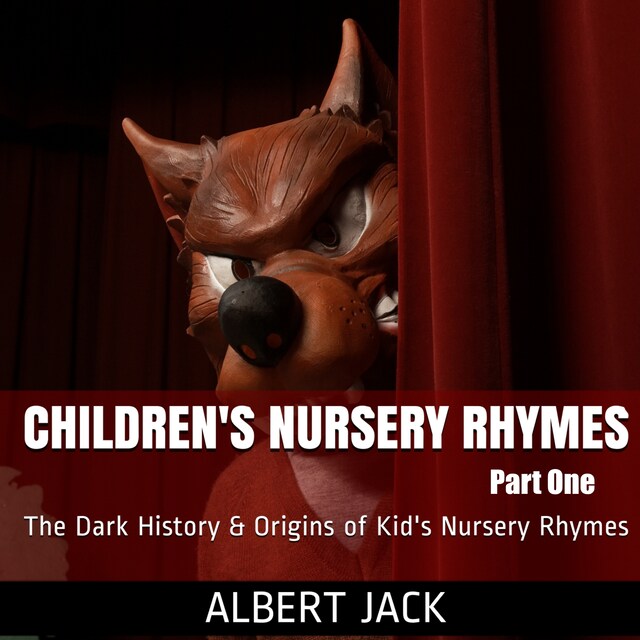
Children's Nursery Rhymes - Part One
Description of book
From the Author of the Internationally Bestselling Red Herrings & White Elephants, Pop Goes the Weasel, What Caesar did for My Salad, Shaggy Dogs, They Laughed at Galileo:
The historical significance of children’s rhymes is often lost on most adults, let alone the children who learn them by heart almost as soon as they learn to say anything at all. For all of us, the first things we are taught, after learning how to talk, are nursery rhymes.
Hence by the time we are adults, we will know the words to hundreds of them without ever being aware of their meaning or real importance. And they are important, in my view, because many of them tell the true tale of some of history’s darkest or most tragic events.
Knowing the origins of a rhyme will help to preserve that piece of history, or the layers of history that accrue around a centuries-old rhyme. It also provides a fascinating insight into how news of historical events was transmitted around the land long before the days of instant communication by telephone, radio, television or the internet.
For example, would you expect Humpty Dumpty to be the name of one of King Charles I’s cannons located on top of a church tower at the Siege of Colchester in 1648 during the English Civil War?
Operated by One-Eyed Thompson, a Royalist gunner, it successfully kept Cromwell’s forces at bay until the Parliamentarians managed to blow it off the tower, allowing them to take over the town.
An important battle was lost (or won, depending on your viewpoint) and a turning point in history then marked by a rhyme, soon repeated in every village and every hamlet as news of Cromwell’s victory spread throughout the land.
So sit back and enjoy our morbid history, as told, for generations, to our children.


